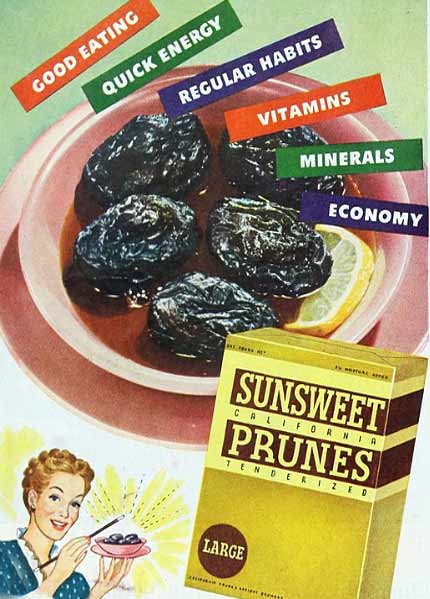Vitamins and minerals

Colorful foods like vegetables and fruits contain plenty of vitamins and live enzymes. You should try to get as many vitamins as possible from real food. Do not depend on supplements and pills to keep you healthy.
What are vitamins?
Vitamins are organic micro-nutrients that keep the body functioning at peak performance. Colorful, whole foods contain plenty of vitamins and are the basis of a good diet.
Vitamin supplements are available in capsules, gel-caps, gummies, and liquids, but they are not energy pills or substitutes for food! It is best to get your nutrients from real food if possible.
13 vitamins that our bodies need
Fat soluble vitamins include A, D, E, and K.
Water-soluble vitamins include eight B vitamins and vitamin C.
Fat soluble and water soluble vitamins
Fat soluble vitamins dissolve in fat and are stored by the body in fatty tissue until needed.
Water soluble vitamins dissolve in water and are excreted via the urinary tract. They are not stored and must be replenished often.
Vitamins are necessary for growth, vitality, and a healthy immune system.

In many countries, it is hard to get enough vitamins into the diet.
It is not uncommon for people to suffer starvation and related diseases due to lack of food and vitamins. Vitamin supplements help save the lives of many children and adults during times of famine, droughts, and other disasters.
Americans suffer vitamin deficiencies because of processed foods.
In America, people are at risk for vitamin deficiency due to poor eating habits like living off of processed and fast foods. Even though lots of processed foods like flavored water, white bread, boxed cereals, pasta, and snack foods are enriched with vitamins, they may be of such poor quality that they are never absorbed by the body.
There is also the issue of food quality.
Many factory farms are producing genetically modified vegetables grown in overused soil. These foods have been proven to contain far less nutrients than the same varieties grown in rich soil.
People that grow their own vegetables and fruits or buy from small farmers are much more likely to be consuming vitamin and mineral rich foods. If someone eats a good balanced diet with lots of fresh veggies and fruits, they probably do not need to take many vitamin supplements, unless advised to do so by a healthcare professional.
An excess of vitamins can be harmful.
It can harm the body if too many vitamins are consumed through pills and supplements.
Excess amounts are excreted in urine or stored until needed and can lead to conditions like hair loss, toxicity, insomnia, and kidney stones.
Too many vitamins can actually be life threatening.
Some people need vitamin supplements more than others.
People that may need to take vitamin supplements include women with heavy periods, pregnant and nursing women, the elderly, people taking certain medications, people on strict weight loss diets, people who have undergone recent surgery (or serious injury), people with bad teeth, and strict vegetarians.
Other people that may need vitamin supplements include smokers (they need extra B and C), drinkers (they need more C and B), nervous people (may need more B), overweight people (may need more E), and anyone consuming lots of preservatives (need more C).
People who don’t eat many fresh vegetables and fruits also need vitamin supplements, but it’s best to improve the diet.
If vitamin supplements are necessary, buy high quality products from a trusted source.

What are minerals?
Minerals are inorganic, solid substances that occur naturally in nature. Our bodies need certain minerals in sufficient amounts to keep our cells functioning properly.
Minerals such as calcium, phosphorus, magnesium, sodium, potassium, chloride, sulfur, iron, manganese, copper, iodine, zinc, cobalt, fluoride and selenium are usually obtained through diet.
If we eat nutritious foods, we don't usually need mineral supplements.
We also need amino acids.
Amino acids are organic molecules that combine to form proteins. They are the building blocks of life.
Foods that include lots of healthy amino acids include turkey, fish, eggs, cheese, mushrooms, and dried beans. For more information about amino acids, visit Britannica.com.
*Do not take out-of-date vitamins. Always consult with a healthcare professional before taking any herbal remedy, vitamin, or food supplement, especially if pregnant, nursing, or taking other medicines.
Sources:
https://medlineplus.gov/minerals.html
Blessings to you and yours!
Thanks so much for reading my blog. Jan.

*Note - the information on this website has not been evaluated by the Food and Drug Administration.
© 2005-2024 website design and content by Janice Boling